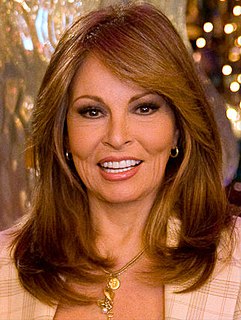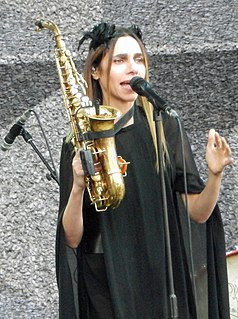A Quote by Michele Bachmann
John Quincy Adams most certainly was a part of the Revolutionary War era. He was a young boy, but he was actively involved.
Related Quotes
Every answer he [President John Adams] gives to his addressers unmasks more and more his principles and views. His language to the young men at Philadelphia is the most abominable and degrading that could fall from the lips of the first magistrate of an independent people, and particularly from a Revolutionary patriot.
Rather than ennobling the public mind and cementing the social fabric, applied science speedily became the chief weapon of a gross individualism, which was anathema to the frugal and righteous (John Quincy) Adams, the source of enormous fortunes divorced from duty, the instrument of unscrupulous ambition and rapacious materialism. Presently, it came to scar the very of the country which Adams loved, a disfiguring process uninterrupted since his day.
John Quincy Adams ranks with Jimmy Carter on the roster of ex-presidential redemption. Instead of completing a biography of his father, he let himself be elected to the House, where he spent nine terms in Whiggish opposition to the Democrats, supporting a national bank and a protective tariff and internal improvements.
But we also know that the very founders that wrote those documents worked tirelessly until slavery was no more in the United States. I think it is high time that we recognize the contribution of our forbearers who worked tirelessly, men like John Quincy Adams, who would not rest until slavery was extinguished in the country.
Do you know what causes low voter turnout in America? It's the result of having the fate of our nation at stake. This began with the bitter presidential election of 1828, which pitted the education, cultivation, and puritan constraint of John Quincy Adams against the yahoo populism of Andrew Jackson, thereby deciding permanently whether America would become a shining city upon a hill or an overlighted strip mall along a highway.
One of the songs that stayed in my head that I really considered a lot was an old folk song called 'John Brown' - not the abolitionist John Brown, but the one that Bob Dylan has covered and sung before. It's about a boy coming home from the Civil War, or maybe World War I even, and about his Mother seeing him all destroyed.






























